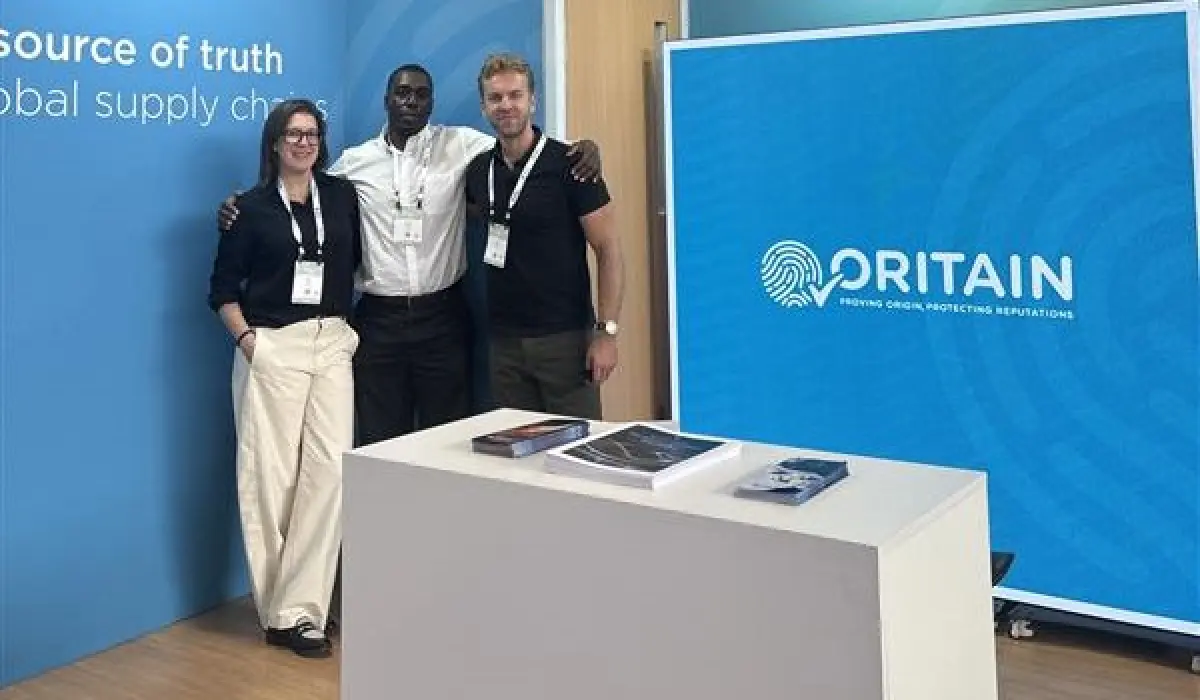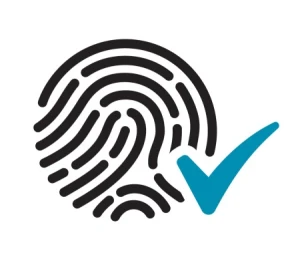5 Key Traceability Insights from Textile Exchange Conference 2025
By Oritain Team | 20 October 2025
minutes to read.

'Shifting landscapes' was the theme of this year’s Textile Exchange Conference in Lisbon, Portugal, and throughout three days of plenaries, booth conversations, and hallway exchanges, the industry’s shifting expectations were hard to miss.
Our team was on the ground meeting fashion leaders, listening to their current challenges and emerging priorities.
Here are five key insights from the event that speak to the importance of traceability in today’s textile industry.
1. Regulation is rising and the industry must engage, adapt, and lead
The apparel and textile sector is facing tighter legislation, particularly across the EU with laws like the Empowering Consumers Directive, Green Claims Directive, and Ecodesign for Sustainable Products Regulation designed to tackle misleading and false sustainability claims, reduce greenwashing, and improve the quality of data shared with consumers.
However, with new regulations come administrative burdens and uncertainty, as businesses work to interpret how these requirements apply across complex, multi-tiered supply chains. Panelists encouraged companies to engage early, follow policy developments closely, and play an active role in guiding how these standards evolve.
2. Best practices gain power when they are verified
Traceability without verification lacks credibility. Multiple sessions reinforced that robust verification systems are essential for strengthening trust and transparency throughout the supply chain, making credible sustainability claims, and meeting new regulatory demands.
This is where forensic, independent verification technology like Oritain adds immense value. Oritain helps brands verify what they receive is what was sourced, protecting against fraud and misrepresentation.
3. Raising the bar on impact data
The conversations around data went deeper this year. While there's been some progress in recognizing the value of reliable data, both for impact measurement and material traceability, the industry still struggles with fragmented systems and inconsistent quality.
Real progress depends on harmonized frameworks and regionally relevant, transparent data that can drive practical change, even before perfect data conditions are achieved.
4. Collaboration drives real progress
No single company can achieve systemic change on its own. The industry’s fragmented systems and inconsistent data quality demand a collaborative approach. Panelists repeatedly highlighted the need for organizations to see themselves as part of interdependent networks, working with partners across the entire value chain. Shared investment, aligned sourcing strategies, and open communication are the only ways to make traceability truly scalable.
5. Traceability begins with identifying “hotspots”
To deliver landscape-level impact, efforts must be focused on where they matter most. A key strategy discussed was the use of “hotspot analysis” to identify the environmental and social pressure points within a supply chain. This approach allows companies to see where their footprint overlaps with the world’s most critical ecosystems and prioritize interventions accordingly.
At Oritain, we help brands and retailers assess risk to understand where to focus their efforts or rethink sourcing strategies.
An evening of meaningful connections
A true highlight of our week was hosting our drinks reception, where, against the backdrop of Lisbon’s skyline, conversations continued and meaningful connections were formed. It provided us a moment to pause between sessions, share perspectives, and reflect on the topics discussed.
If you did not get a chance to connect with us in Lisbon, or would like to continue the conversation, we would love to hear from you.
Oritain is dedicated to verifying the source of truth in global supply chains and our team is always open to discussing how scientific verification can support your traceability goals and strengthen the integrity of your supply chain.
Disclaimer: The information provided in this document does not and is not intended to constitute legal advice. Instead, all information presented here is for general informational purposes only. Counsel should be consulted with respect to any particular legal situation.




